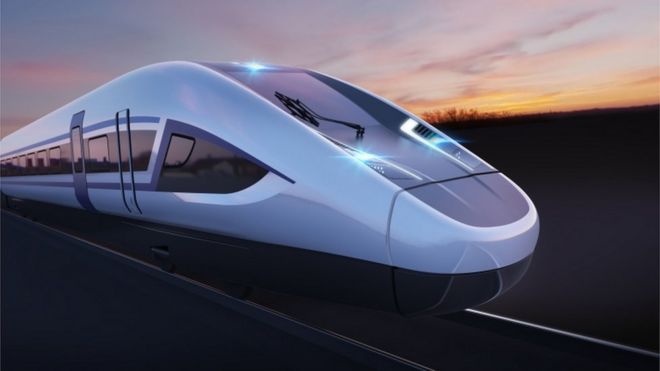With all eyes fixed on Britain's exit from the European Union tomorrow, another momentous severing from an institution that has also been part of our lives since the mid seventies has gone all but unnoticed, namely the BBC's decision to end its Red Button text service, which began as Ceefax in 1974 before morphing into its current incarnation in 2008 (rival broadcaster ITV axed theirs, Teletext, in 2009).
I know that you can find all the information online now, but it's still not the same as pressing those familiar buttons: news headlines (102), local news (1635), football headlines (302), scores (316), tables (324), fixtures (330), cricket (340) and rugby league (370).
What's even worse is the dishonest way they've gone about announcing it: not a decision taken lightly, regret having to do it, blah, blah, blah. I'd have more respect for them if they just said that as pretty much everyone can check things on their phones now, and those that can't will have to push off to the local library if they can find one still open, they're no longer prepared to pay to keep it going (the service has already been cut back, removing some of the "fringe" items like American sports that some of us found useful).
As the BBC comes under attack on several fronts - for the excessive pay of its executives and presenters, the removal of free TV licences for pensioners, and its perceived political bias - it really knows how to alienate those of us who are normally first in line to defend the public service broadcaster (and don't get me started on their shifting of Jazz Record Requests around the radio schedule).
Thursday, 30 January 2020
Thursday, 16 January 2020
HS2 to-do (or not to do?)
The future of HS2, the proposed new hundred and forty mile long high speed rail line between the North of England and London, seems to be in the balance as the initial costings threaten to overrun massively (HS1, Britain's only existing high speed rail line, runs for just over sixty miles between London and the Channel Tunnel).
I admit to being attracted by the idea of travelling between Manchester and London in just over an hour, rather than in about two and a half now, which would also reduce the appeal of shuttle flights between the two cities and make rail travel to the continent from the North much easier, especially if there are cheap standby tickets on offer, as some have suggested there should be to stop it becoming an expensive white elephant with half empty carriages.
Beyond that, I'm not convinced about HS2 bringing economic benefits to the North, partly because the supposed flow of people and investment outwards from the South East might well operate in reverse, drawing more commuters into the capital as the hour to work travel area to London expands hugely to include pretty much the whole of the Midlands.
The section of the Y-shaped line that appears most vulnerable to being cancelled is the right hand arm to Leeds, with the potential savings being diverted into HS3, another proposed high speed line linking Liverpool and Hull, but again, apart from pleasing commuters, and helping to prop up support for the Government in the Tories' newly won Northern constituencies, the economic benefits of making travel between cities which are relatively close to one another quicker are hard to see, especially as technology increasingly makes such travel unnecessary.
There is also of course the environmental impact of building a high speed rail line through the English countryside. Tunnels like the one planned under Manchester's southern suburbs between the airport and city centre, emerging after seven miles at Ardwick before arriving at Piccadilly, would mitigate much of this, but would also push up the price of an already over budget scheme.
The first HS2 train is due to pull into Manchester in 2033, but somehow I can't see myself waiting on the platform with my newly issued senior citizens railcard for it.
I admit to being attracted by the idea of travelling between Manchester and London in just over an hour, rather than in about two and a half now, which would also reduce the appeal of shuttle flights between the two cities and make rail travel to the continent from the North much easier, especially if there are cheap standby tickets on offer, as some have suggested there should be to stop it becoming an expensive white elephant with half empty carriages.
Beyond that, I'm not convinced about HS2 bringing economic benefits to the North, partly because the supposed flow of people and investment outwards from the South East might well operate in reverse, drawing more commuters into the capital as the hour to work travel area to London expands hugely to include pretty much the whole of the Midlands.
The section of the Y-shaped line that appears most vulnerable to being cancelled is the right hand arm to Leeds, with the potential savings being diverted into HS3, another proposed high speed line linking Liverpool and Hull, but again, apart from pleasing commuters, and helping to prop up support for the Government in the Tories' newly won Northern constituencies, the economic benefits of making travel between cities which are relatively close to one another quicker are hard to see, especially as technology increasingly makes such travel unnecessary.
There is also of course the environmental impact of building a high speed rail line through the English countryside. Tunnels like the one planned under Manchester's southern suburbs between the airport and city centre, emerging after seven miles at Ardwick before arriving at Piccadilly, would mitigate much of this, but would also push up the price of an already over budget scheme.
The first HS2 train is due to pull into Manchester in 2033, but somehow I can't see myself waiting on the platform with my newly issued senior citizens railcard for it.
Subscribe to:
Comments (Atom)

